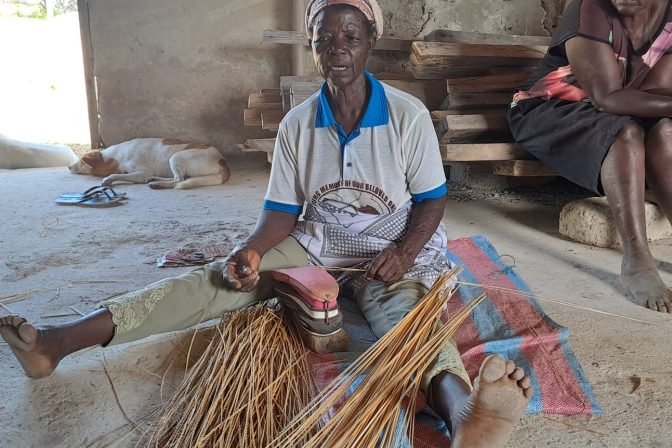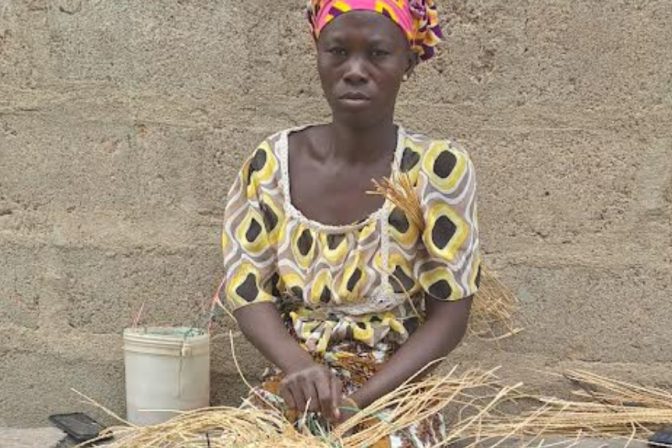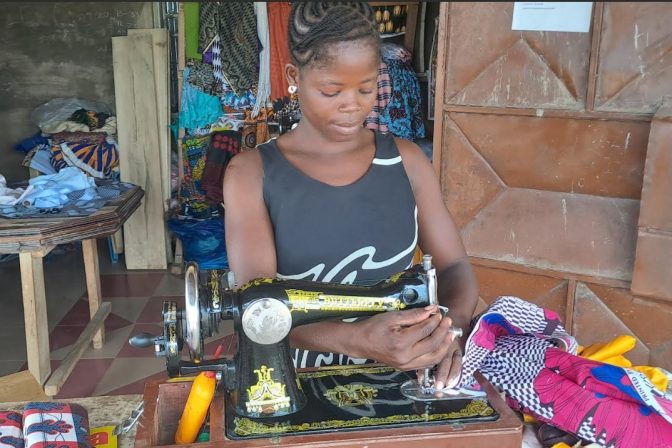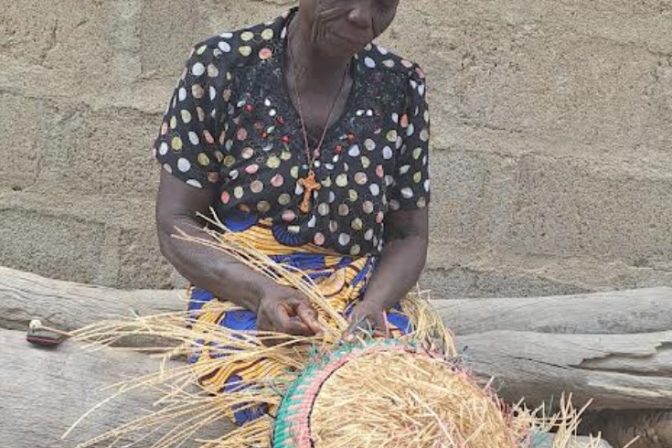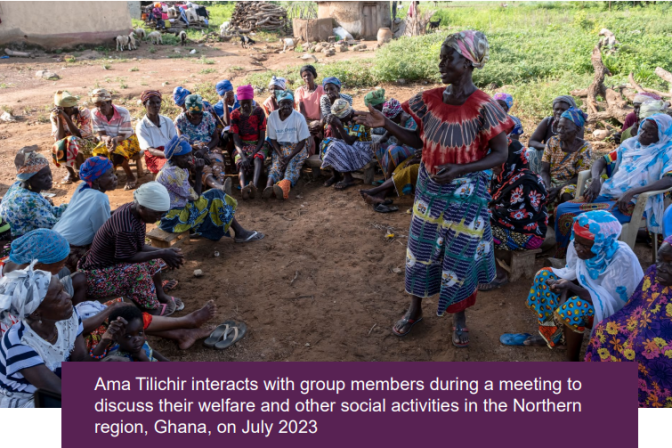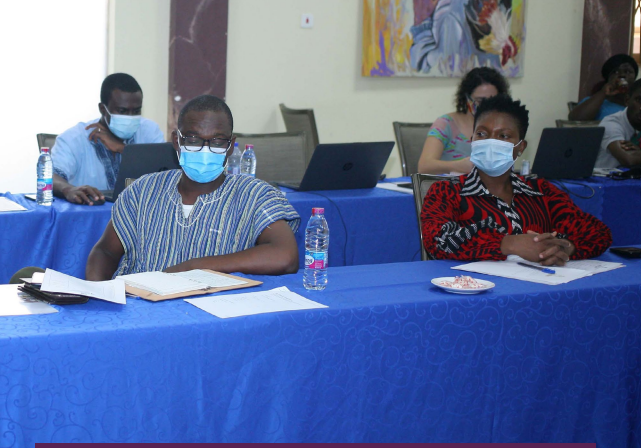From rejection to recovery: Ageyure’s journey with Basicneeds Ghana
“My family saw me as a problem and did not ever want to associate with me.” These were the painful words of...
From Isolation to Empowerment: Grace Atagra’s Journey of Hope
Grace Atagra, a 37-year-old mother from Gambibgo in the Bolgatanga East District of the Upper East Region, used to live in constant...
From despair to hope: Hilda Azusiyine’s journey of resilience and renewal
Hilda Azusiyine, a 28-year-old woman from Gambibgo in the Upper East Region, once faced a harsh reality that forced her to abandon...
Comfort Amaltinga’s journey: Finding strength and support through mental health care
“It hasn’t been easy living with a mental health condition. At one point, I felt the world was cruel to me, and...
Using evidence to drive action
The challenges
Gaps in evidence and a lack of disaggregated data risks leading to ill-informed servicedelivery and gaps in health policies and provisioning,...
The benefits of working with traditional leaders
Through the inception phase of our programme, we learned that traditional andreligious leaders were key in shaping community attitudes towards disability andmental...
Using legal frameworks to defend and protect human rights
The challenges
Approximately 10% of Ghanaians have a mental health condition or psychosocial,intellectual, or cognitive disability. The Ghanaian mental health system has beenappraised...
Responding to health emergencies
The challenges
The inception of our programme coincided with the emergence of the COVID-19pandemic and we had concerns around the potentially disproportionate impact...
Volunteers – people power to support mental health
The challenges
Mental health care is under-resourced at national level in Ghana and is often poorlyunderstood at the community level. Lack of education...
Making a case for investment in mental health
The challenges
Productivity loss from moderate or severe psychological distress is estimated tobe about 7% of Ghana’s GDP. Psychological distress is also strongly...

